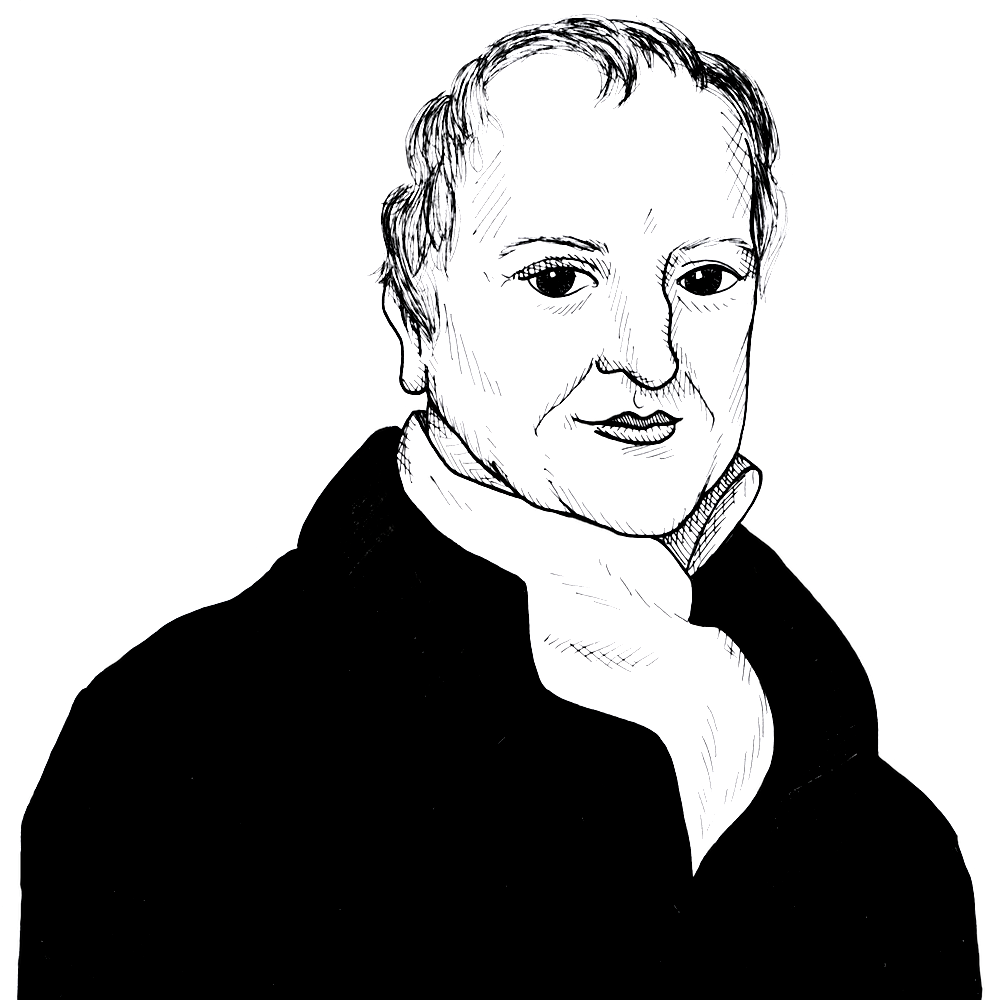
David Ricardo on how “insecure tenure” of property rights harms the poor (1824)
Found in: The Works and Correspondence of David Ricardo, Vol. 5 Speeches and Evidence
In an essay on “Parliamentary Reform” (1824) the English economist David Ricardo argued that the poorest members of society are harmed the most when the sanctity of property is threatened, thus making capitalists reluctant to invest in productive economic activities which pay good wages:
Property Rights
Whatever might be his gains after such a principle (of redistribution) had been admitted would be held by a very insecure tenure, and the chance of his making any future gains would be greatly diminished; for the quantity of employment in the country must depend, not only on the quantity of capital, but upon its advantageous distribution, and, above all, on the conviction of each capitalist that he will be allowed to enjoy unmolested the fruits of his capital, his skill, and his enterprise. To take from him this conviction is at once to annihilate half the productive industry of the country, and would be more fatal to the poor labourer than to the rich capitalist himself. This is so self-evident, that men very little advanced beyond the very lowest stations in the country cannot be ignorant of it …